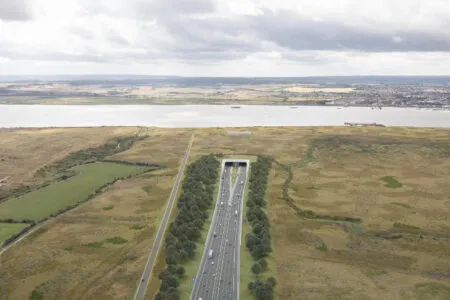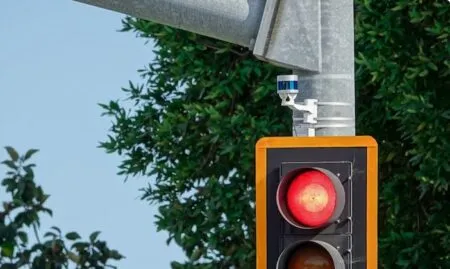Highways England (HE) is conducting a global search for a solution to the problem of ‘ghost’ road markings and blacked out lines, which can confuse drivers and lead to traffic incidents.
When white road markings need to be removed, for example when road layouts change, the original lines can sometimes still appear as faint or ‘ghost’ marks, with the problem often made worse by bright sunshine or rain. To find a solution, HE is conducting a £685,000 (US$850,000) international research project. The competition, launched in conjunction with Roadcare and Kier, was made possible through a £150m (US$186m) ringfenced fund HE has for innovation projects. The aim was to find the most effective road markings that will also reduce damage to the surface when the lines are removed.
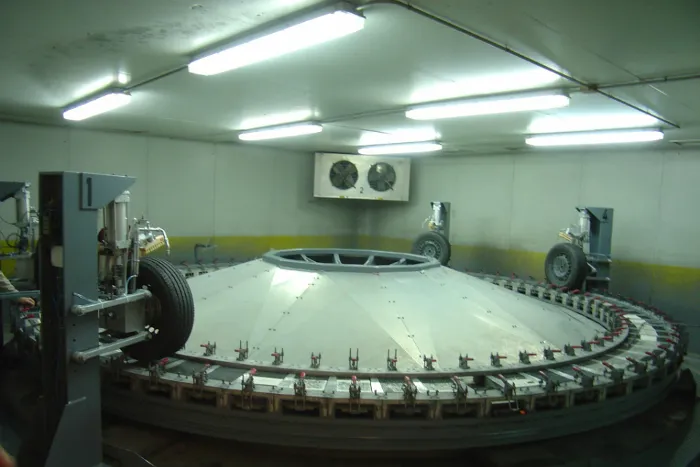
A total of 36 entries came in from around the globe with applicants asked to send samples of their product for testing which has been taking place at an industry-recognized center in the Spanish capital Madrid, where the trial road markings have been subjected to some two million ‘wheel overs’. Eight winners have now been chosen in the Transforming Road Markings competition and their materials will be tested in all weathers on the M5 motorway in the south west over the next 12 months. Removing markings can also cause damage to the surface with the repairs adding to the overall cost of road schemes and creating additional work, so testing is also taking place on five removal systems that could address this issue. Once complete, the most successful products will be highlighted in research shared around the world with the aim of setting new high standards for the road industry.
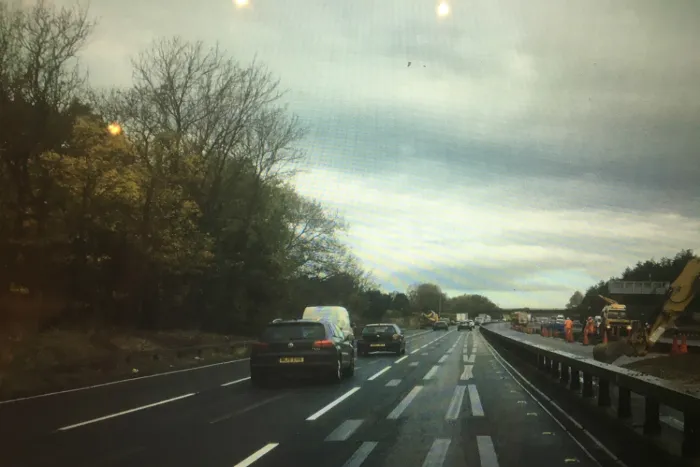
“We know ‘ghost’ markings on any roads, not just ours, can be confusing for drivers and autonomous vehicles, so we set out to find a solution which makes a real difference, not just for road users on our network, but across the globe,” explained HE’s corporate group leader, Martin Bolt, who has been overseeing the competition. “There is a worldwide problem with road marking removal and it is the first time the industry has been challenged like this. We’re hoping the outcome of the competition will give us a greater understanding of the materials and processes we, and the road industry, should be using in future schemes, and will help drivers on their journeys.”
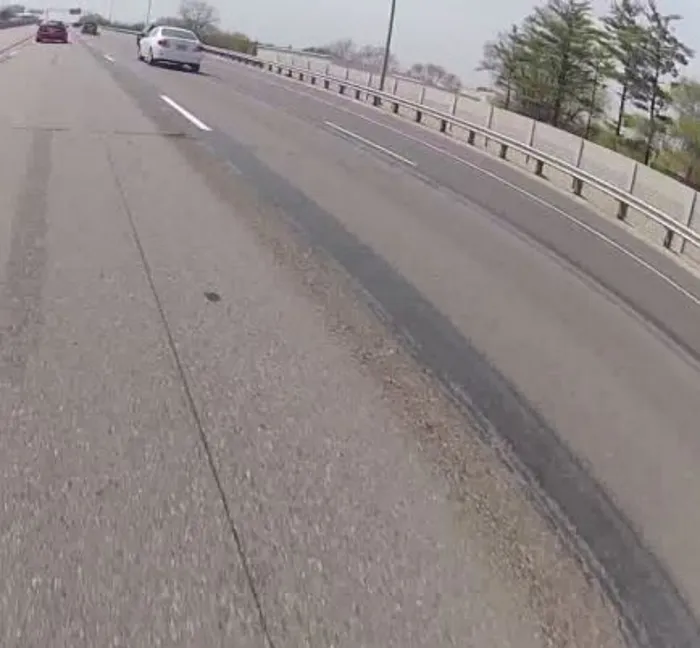
Scott Cooper, managing director of strategic highways at Kier, commented, “By working collaboratively with our client and supply chain partners such as WJ, Wilson and Scott and Roadcare we have been able to continue to develop and deliver new ideas, products and processes. These will help deliver safer roads as scarring and ghosting will disappear. The customer experience through roadworks will improve as a result of clearer markings and finished schemes will have a much cleaner appearance.”
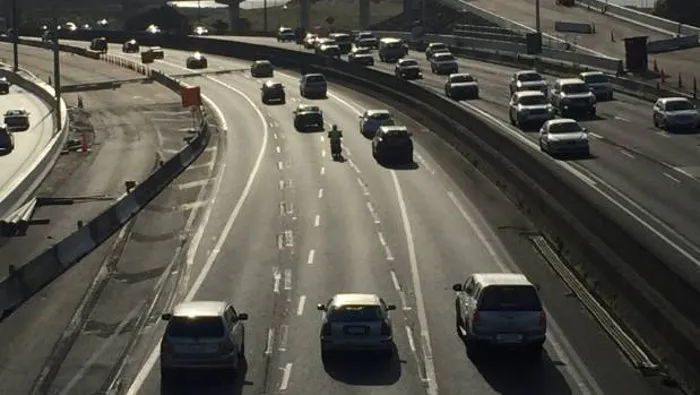
Keith Dawson, managing director of Roadcare, said, “Competitors from across the globe have told us how refreshing and inspiring it has been that Highways England is leading the way in looking for solutions to what is an international issue. They are fully supportive in helping to find a sustainable solution to the road markings challenges.”


